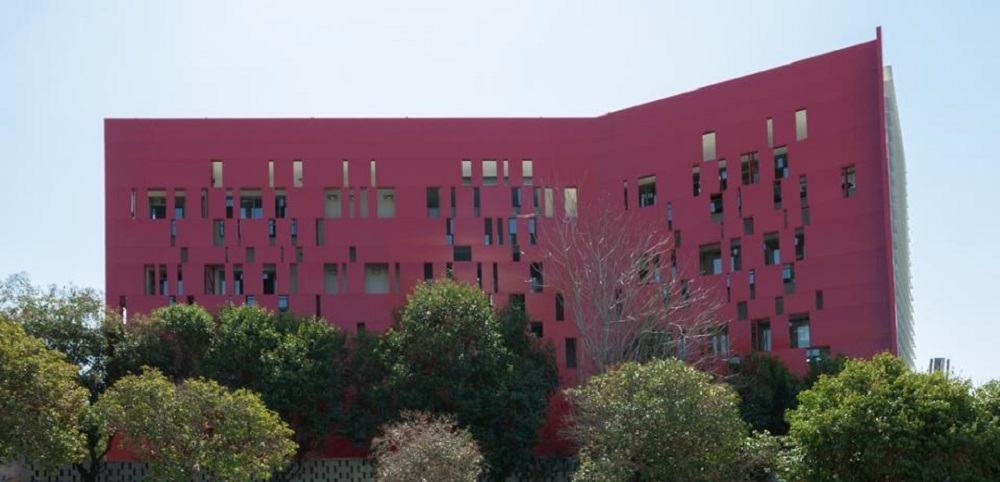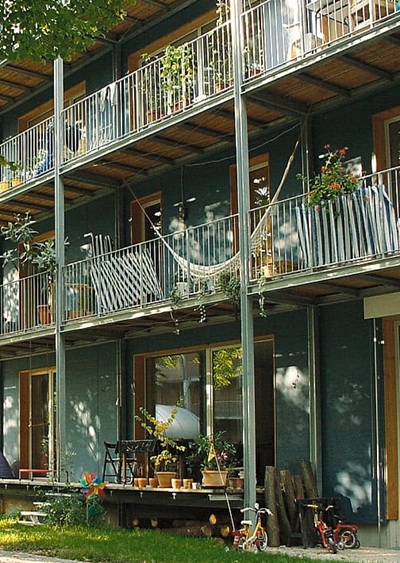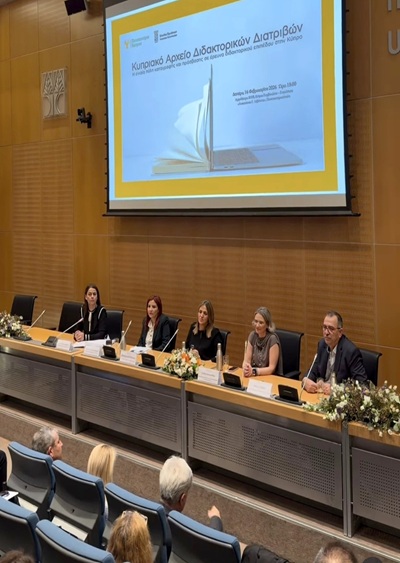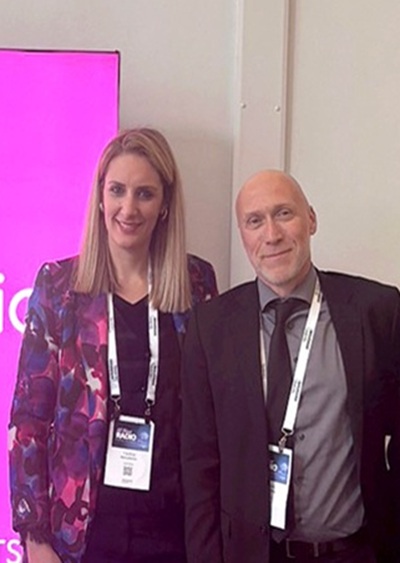
This year, for the 30th consecutive year (1994-2024), the Greek language and culture courses of the “IASON” Programme of the Aristotle University of Thessaloniki were successfully completed. The Rector of the Aristotle University of Thessaloniki and Scientific Coordinator of the Programme, Professor Charalambos Fidas, had an online meeting on Wednesday, 24 July 2024, with the nineteen scholarship holders and outstanding students of the Aristotle University of Thessaloniki from nine leading universities in Russia, Ukraine, Georgia, Armenia and Kazakhstan.
The students of the Aristotle University of Thessaloniki attended intensive distance learning courses of the Greek language at the School of Modern Greek Language (SMGL) of the Aristotle University of Thessaloniki, within the framework of the Programme, from 24 June to 23 July 2024. At the same time, they were introduced to Greek culture, as the integrated course of the Programme, apart from the language lessons, included academic lectures, virtual visits to museums and archaeological sites in Thessaloniki and the rest of Macedonia.
The meeting was attended, along with the students, their professors from the respective foreign universities, who were also scholarship holders of the “IASON” program in the past, learned the Greek language and with the assistance of the AUTH, were trained professionally. During the meeting, the fellows presented in fluent Greek the university institutions from which they come from and enthusiastically expressed their satisfaction for the valuable experience they gained.
The “IASON” Programme was created in 1993 by the late Professors Ioannis Kazazis and Artemis Xanthopoulou-Kyriacou of the Aristotle University of Thessaloniki, with the aim of establishing and strengthening Greek Studies Departments in the Black Sea Region and ensuring their sustainability. The Programme is under the auspices of the Senate of the Aristotle University of Thessaloniki.
To date, the Iason Programme has offered the opportunity to learn the Greek language to more than 1,035 students from 16 universities of the Black Sea countries.







Leave A Comment